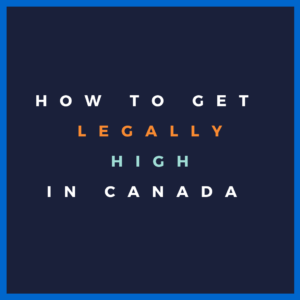
It is controversial, kind of crazy, and yet happening. Soon adults all across Canada can get high (on cannabis) without breaking the law.
But what does this mean for the future of our country?
We can’t answer that. But what we can tell you is what you can (and can’t do) when cannabis is legal. And that is soon. The Cannabis Act, a.k.a. Bill C-45, received Royal Assent on June 21, 2018 and will come into force nationally on October 17, 2018.
You can get high legally on October 17 following these simple rules.
1. Know your drug
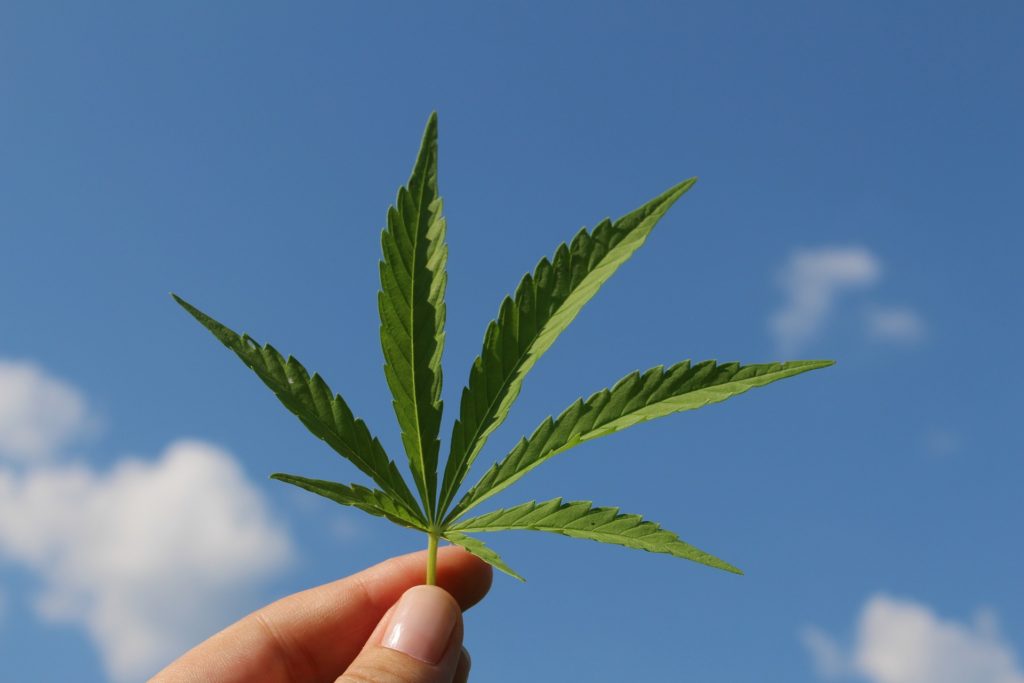
Cannabis refers to the plant Cannabis sativa. Cannabis contains hundreds of cannabinoids, which are chemical substances that are made and stored in the cannabis plant’s flowers and leaves.
The two cannabinoids that you need to know are THC (short for delta-9-tetrahydrocannabinol) and CBD (cannabidiol). Cannabinoids affect the way your brain and body behave and communicate with each other.
We’ll break it down for you: THC gets you high and is bad for you.

CBD does not get you high and isn’t bad for you. That doesn’t mean you should get all caught up on the marketing that you need “pure CBD” (if that’s a thing) as it all depends on reasons for your use of the drug.
Either way, this is a drug with positives, like helping anxiety and stress, and negatives, such as causing psychosis and suicidal thoughts.
While the government doesn’t think your brain will look like a fried egg after its use (as portrayed in the infamous 1980’s “your brain on drugs” ad), there are still risks to bring down your high.
2. Yes, there is the Cannabis Act
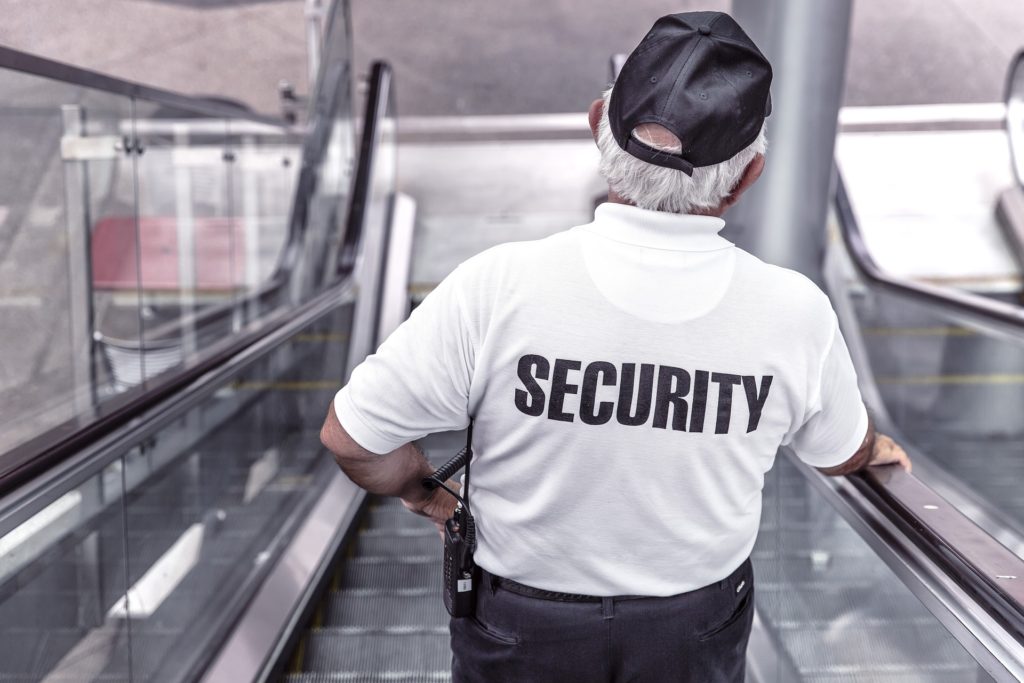
To make cannabis legal, the Cannabis Act (the “Act”) will come into effect on October 17, 2018, which is the day you can legally possess, share, and consume cannabis.
While we agree it’s a shame a cooler day wasn’t chosen (such as April 20 – 4/20), there are some things to know about this Act.
The Act creates a legal and regulatory framework for controlling the production, distribution, sale and possession of cannabis across Canada.
The two main goals of the Act are to protect youth and eliminate the illegal market.
3. Where can you buy cannabis? The “CCBO”?
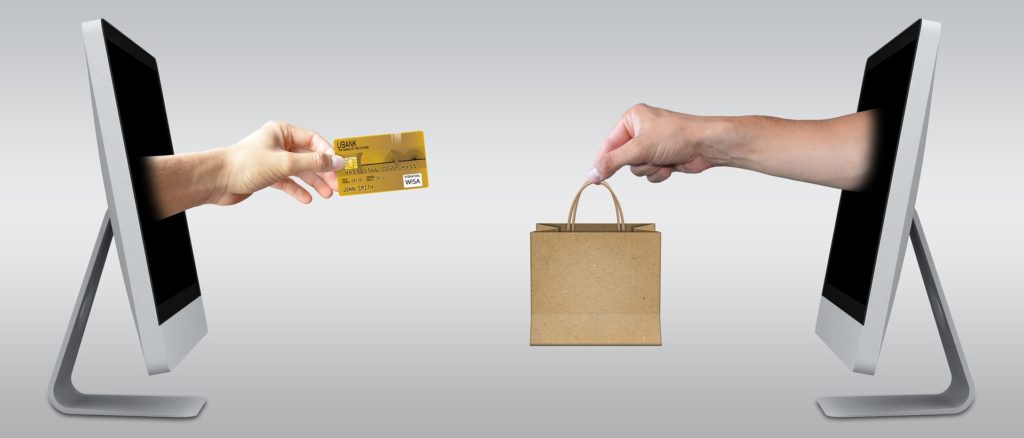
There will not be any “Cannabis Control Board of Ontario” stores in the province, though a cannabis version of the LCBO would have made all kinds of sense.
Adults will be able to buy dried cannabis online from the Ontario Cannabis Store in October (think Amazon for weed).
Similar to alcohol, adults who are 19 years or older in Ontario are able to buy cannabis and may carry cannabis in public and/or share with other adults. Adults can possess up to 30 grams of dried cannabis.
Cannabis edible products and oils will be available in private, provincially-licensed, retail stores as of April 1, 2019 (so close to the 4/20 date – yet so far). Hang tight — those “weed brownies” will be coming soon to a store near you. Yum?
4. Can I grow my own and sell it?
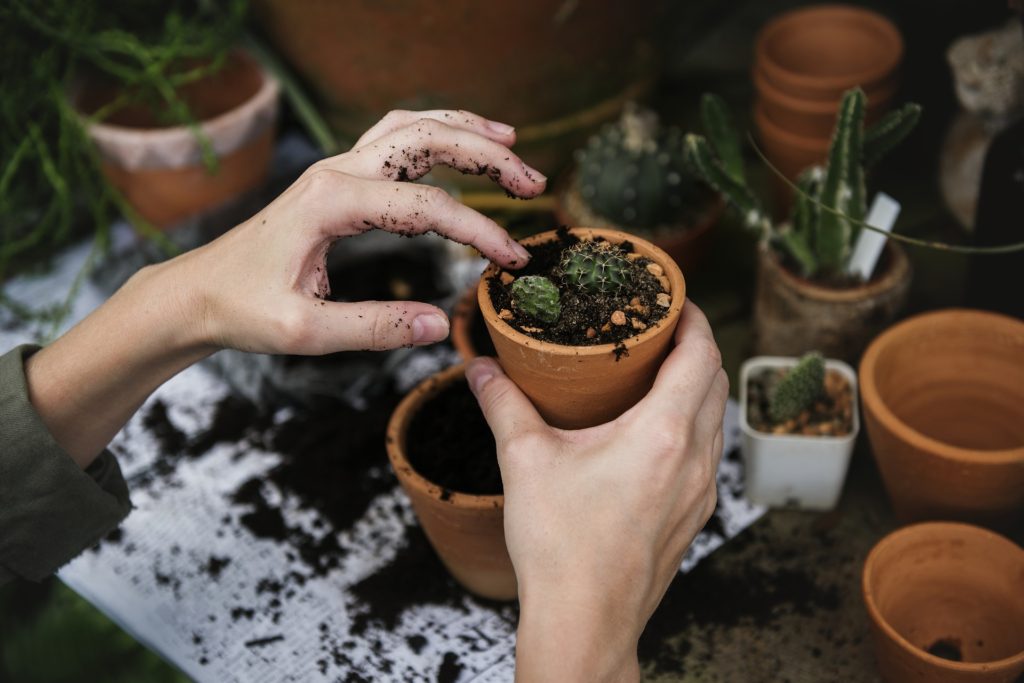
Four cannabis plants per household can be grown for personal use.
Personal use is pretty self-explanatory.
In case you wanted a further explanation, the answer is that you can’t sell cannabis unless you’re a licenced seller — or have a penchant for jail cells.
5. Can I drive if I feel fine?

Driving while impaired by a drug is illegal. But what is impaired? Unlike alcohol, where the amount you drink means the amount you are impaired (20 tequila shots = not a good look), it is not the same story for cannabis.
There are tons of factors that affect one’s impairment such as age, frequency, amount, potency, when you started using, and the method of consumption (smoking versus edibles).
However, the law is that if you have THC in your system, you are considered to be driving under the influence.
Driving impaired by a drug is illegal and subject to serious penalties under the Drug-impaired Driving legislation (including the potential for life imprisonment if there is a death).
6. Is there a cannabis version of the breathalyzer?
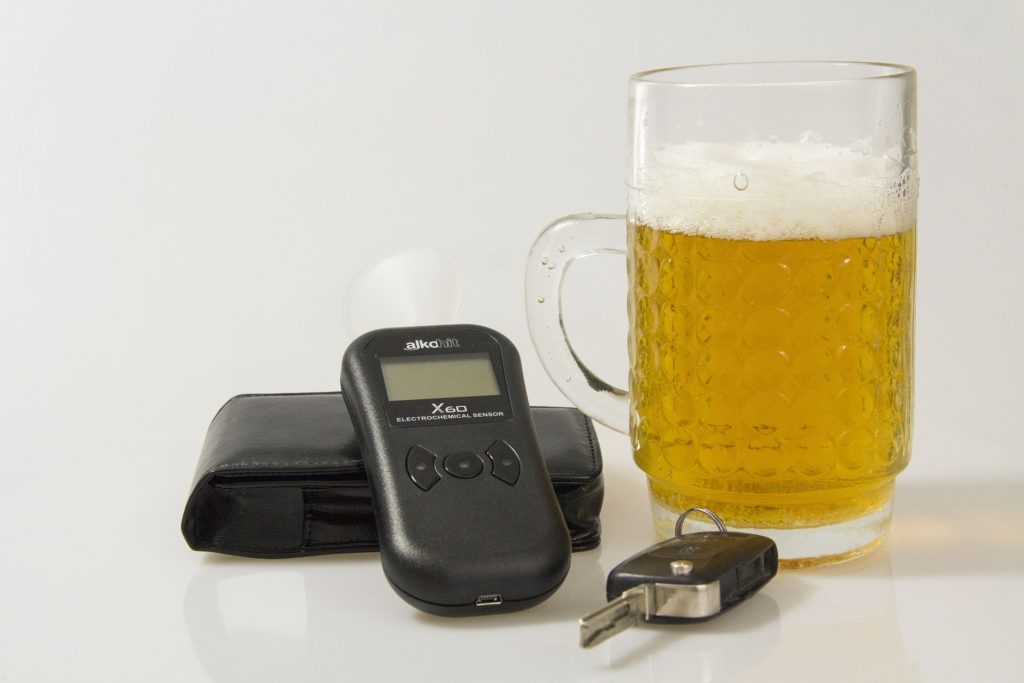
Yes. New federal legislation allows for the use of roadside saliva tests to detect the presence of drugs like cannabis.
Also, all forms of cannabis can be detected in a blood or urine test.
Basically, if you plan on smoking, don’t drive – call an Uber—better yet, make it an Uber Pool—and then you can have deep conversations with strangers on the way home!
7. Will my kids become drug addicts?

This is a legitimate concern.
Luckily, like tobacco, advertisers are prohibited from promoting cannabis by targeting children in their packaging and labelling. Don’t expect to see any Disney princess cannabis gummies.
Also, advertisers can’t entice children through self-service displays or vending machines. Kids will not be able to click “A4” for a Pepsi, “B4” for chips and then “C4” for cannabis.
8. Can I go to work “legally” high?

There is no absolute right to use medical cannabis at work and this is not expected to change with the use of recreational cannabis.
The answer is that you may actually get fired for being high at work.
An employer may defend their decision to terminate an employee where the employee shows up to work under the influence of drugs or alcohol, brings drugs or alcohol to the workplace, or consumes drugs or alcohol in the workplace.
9. I live on the border, can I go into the U.S with my personal cannabis?
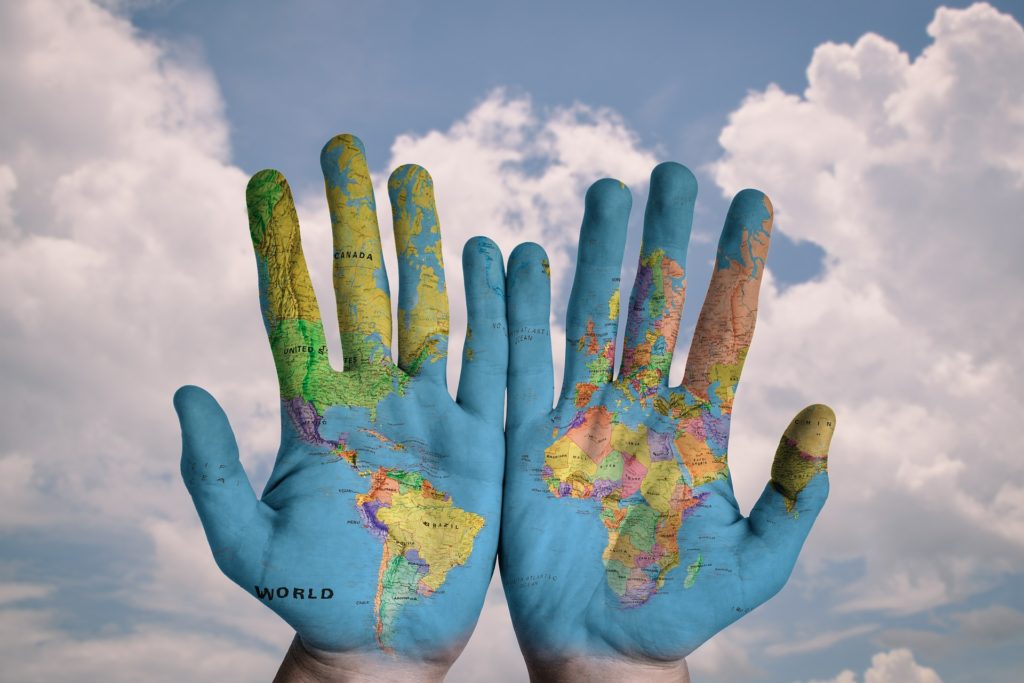
Hard no. Do not even think about travelling outside of Canada with cannabis.
But if you want to show off your best homegrown to your buddies in another province, go right ahead.
10. I don’t smoke cannabis, so why did I bother reading this blog post?
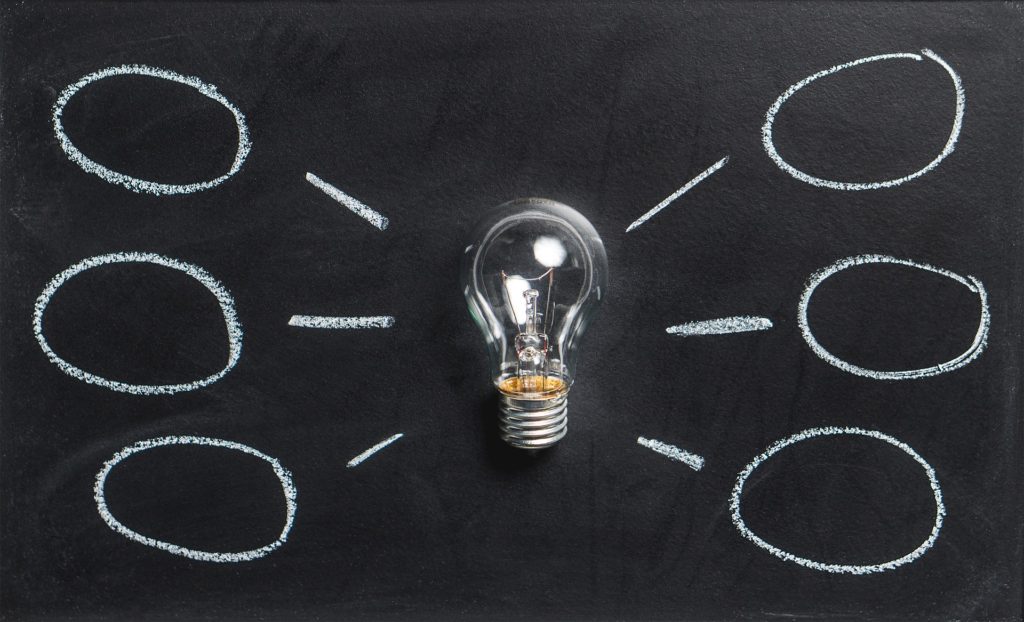
Other than sheer curiosity, “legalizing it” will affect every business entity you know and love (or hate).
It is like the end of prohibition. Companies are preparing to capitalize on all things cannabis.
The Act has regulations and rules, but there are no precedents or history for issues that will inevitably arise. No one knows how it will all play out. It’s the Wild West!
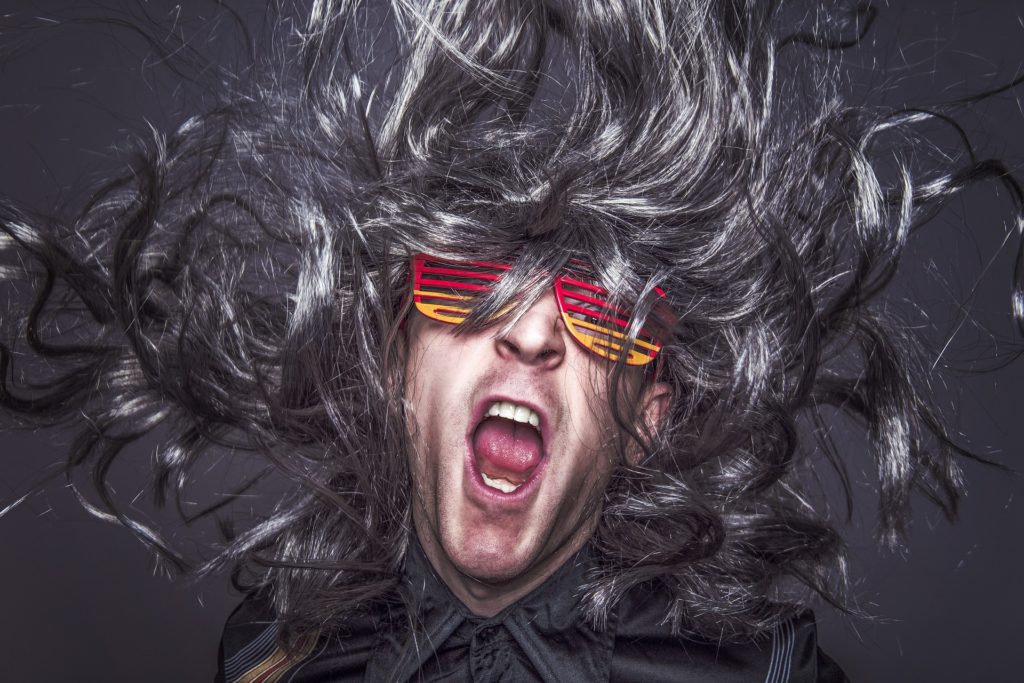
So, even if you are more of a white wine spritzer kind of person, not into anything other than yoga, or preparing your lungs for October 17, be ready to sing “A Whole New World” because, like it or not, a whole “new” population of Canada will be getting legally high.
